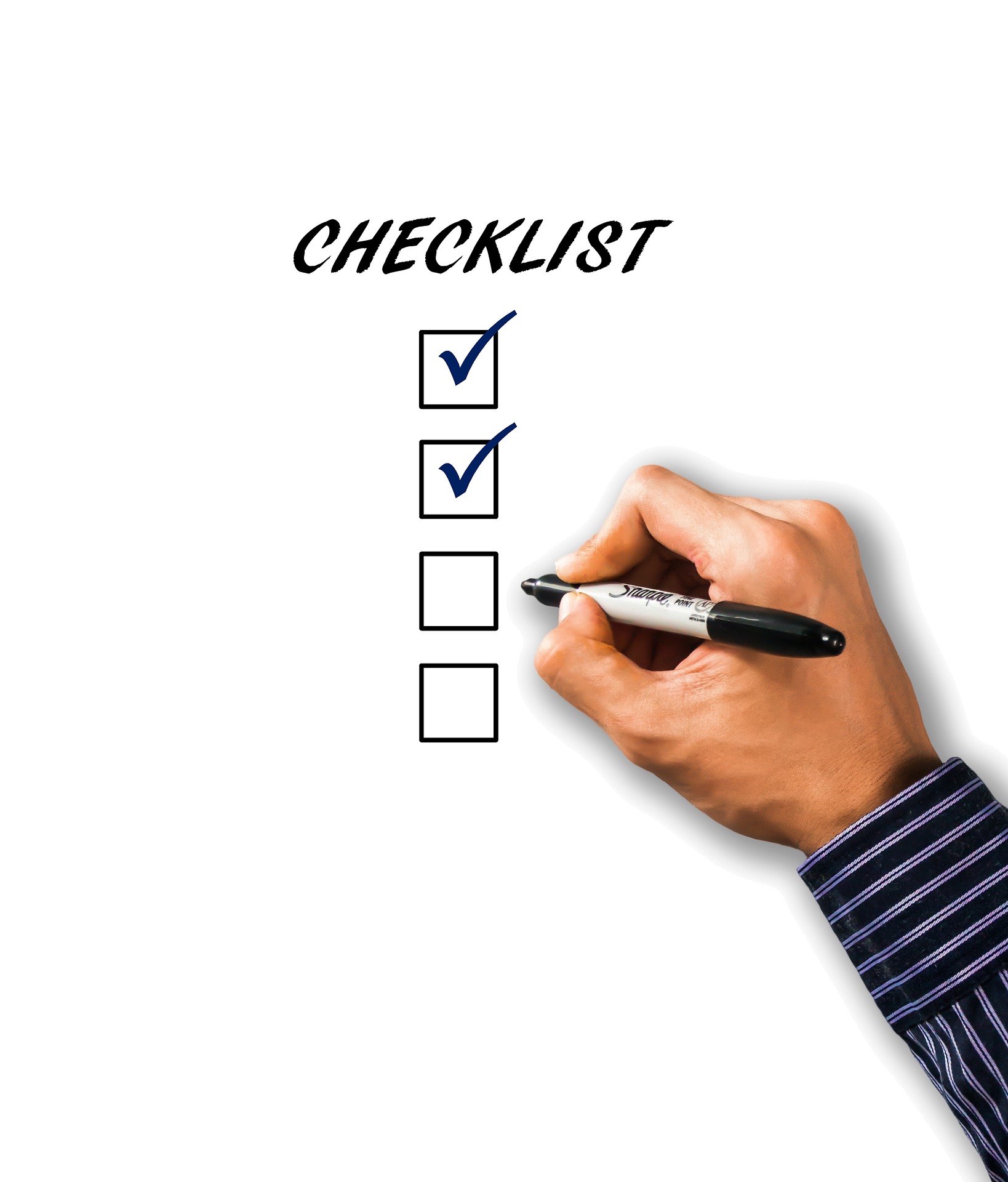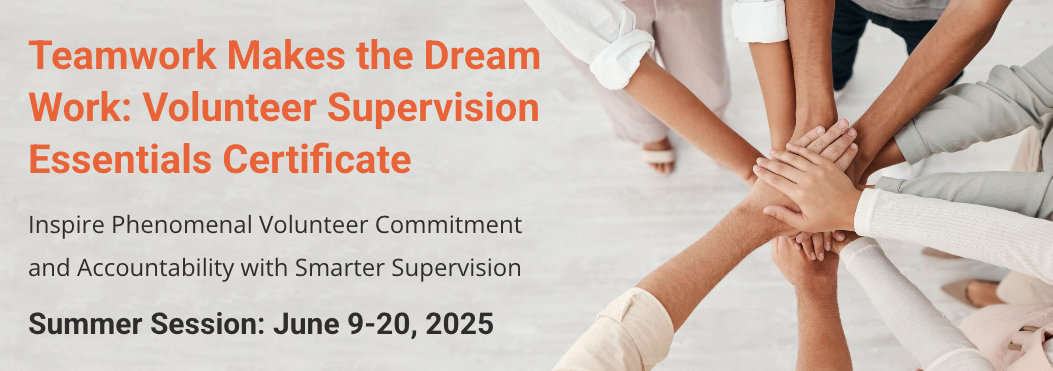 In Part 1 of this post, we noted that volunteer program assessments are a great way to get candid volunteer feedback and boost leadership at the same time.
In Part 1 of this post, we noted that volunteer program assessments are a great way to get candid volunteer feedback and boost leadership at the same time.
We also noted some of the benefits of involving volunteers in an audit of your operations and identified three preliminary steps to setting up your volunteer team for success.
1) Identify minimum requirements for team members.
2) Identify the expectations for team members.
3) Determine the kinds of roles needed for your assessment team.
This week we continue our steps for a successful volunteer program assessment …
4) Determine the timeline, starting with the project end date and working backward.
Volunteer assessment projects last about 6-8 weeks, and it’s important for volunteers to know just how much time to set aside. Be sure you have set a final date for the release of your final assessment report. Then, list out how project activities will be distributed throughout the project cycle.
For example …
- Week 1: Project Kick Off & Training
- Week 2-3: Program Assessment Design & Selection of Activities, Materials Review
- Week 4-6: Design & Implementation of Surveys, Focus Groups
- Week 7: Data Analysis & Report Writing/Editing
- Week 8: Final Report Presentation (due April 14, 2018)
5) Describe the project philosophy, goals, and expected next steps. Throughout your assessment project, you will have the opportunity to test out new ideas, such as team-based assessments and specific strategies for improving your program. It’s important to help set the stage for open discussion and learning within the team.
Remind your team that they should not be afraid to make mistakes or “fail.” Everything that occurs during the project – from team-building to the assessment itself – offers an opportunity for growth and helps you all learn what works and what doesn’t.
These discoveries will help you decide what you want to keep, what you want to change, and what you want to leave behind. These decisions combined will help your organization grow.
Furthermore, emphasize that the audit process will unearth valuable insights into ways to improve offerings for volunteers, but don’t expect the results to represent an ultimate “true reality.” We all see the world differently, and sometimes assessments bring up more questions than they answer. It’s all part of the process.
6) Choose (or create) assessment tools so that volunteers can make observations against standard criteria.
Assessment data collection activities might include any combination of the following activities and standard tools for each:
- Stakeholder Surveys (volunteers, employees, community partners, service beneficiaries)
- Individual Interviews or Focus Groups (volunteers, employees, community partners, service beneficiaries)
- Review of Materials & Performance Outcome Data
- Best Practice Collection
7) Share an outline of the formatting of the final report.
Provide the volunteer team an outline of all elements that are particularly important to assess and address in the final report. If you pose these as a questions within an outline, you can help your team focus on what is important to investigate and what they can let go of when time constraints pop up.
8) Plan for how you will disseminate the final report findings.
Finally, it’s important that the team knows how the findings will be disseminated and to whom. Below are a few options for sharing the results and next steps the organization is willing to take.
Dissemination activities might include:
- Presentation of online webinars (live and/or recorded)
- Online posting of documents and tools developed on the agency website
- In-person presentations of the project findings and lessons learned at meetings
- Research and/or concept papers published by the organization
Volunteer-led program assessments can help both volunteers and programs get stronger. By digging into what “makes programs tick,” successful approaches, strategies and activities can be shared among departments and replicated.
Great work is happening in your organization, and there is tremendous potential to do even more. Why not involve volunteers directly in helping you evolve and grow?






